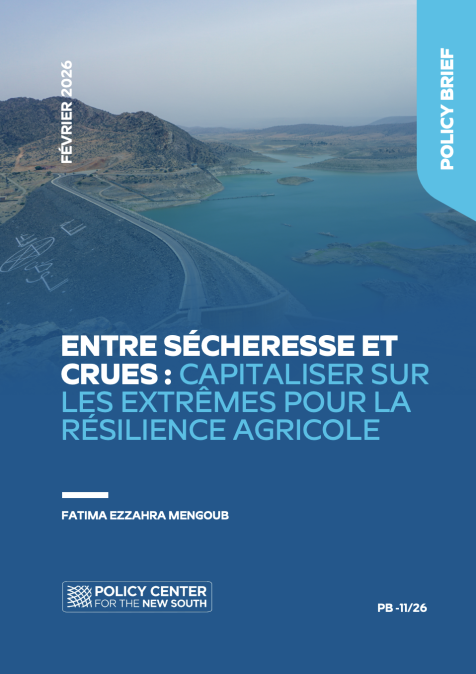لقد ظلت سيناريوهات المستقبل والدراسات المستقبلية لفترة طويلة جدًا، بعيدة عن قائمة القضايا المتعلقة بأفريقيا، والآن أصبح من الواضح أكثر فأكثر أن مستقبل كوكبنا يتم صناعته في أفريقيا بشكل متزايد، سواء كان المرء يتعامل مع إشكاليات الأزمات البيئية وتغير المناخ واللاجئين والطاقة المتجددة وما إلى ذلك، وهو ما يعني أن أفريقيا عادت لتحتل مكانة بارزة في جدول الأعمال الدولي. في حلقة هذا الأسبوع من برنامج حديث الثلاثاء، سنناقش أهمية دراسات المستقبل والتوقعات في سياق القضايا العالمية وتأثيرها على دول الجنوب. سنتناول موضوع الاهتمام بالدراسات الاستشرافية في زمن الذكاء الاصطناعي وكيف يمكن أن تساهم في فهم تحديات المنطقة واحتياجاتها المستقبلية. سنحاول كذلك فهم تأثير التكنولوجيا والخوارزميات على المجتمع والسياسات العامة، وسنناقش كيف يمكن تقليل الفوارق في التعاطي مع الإشكاليات العالمية بين دول الجنوب والشمال.









